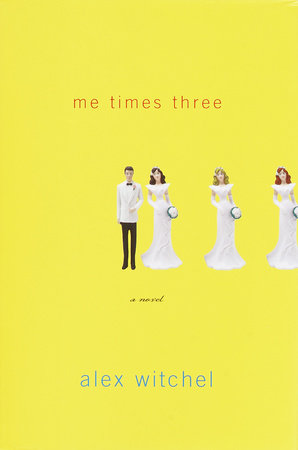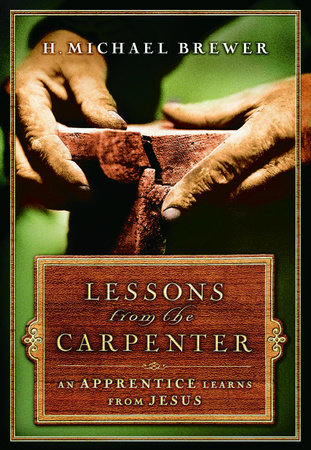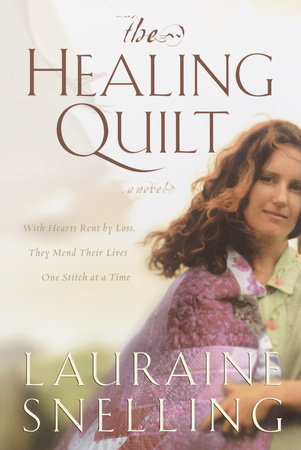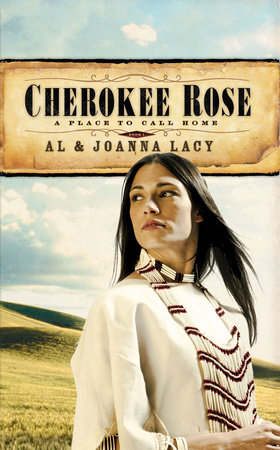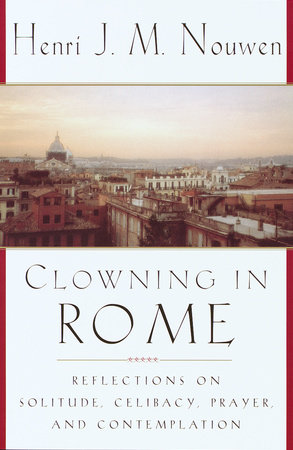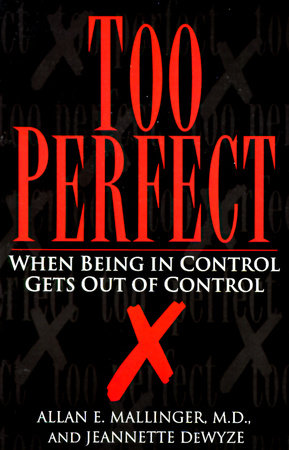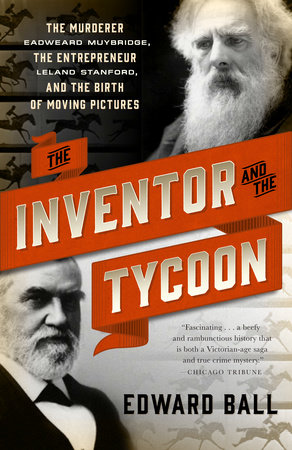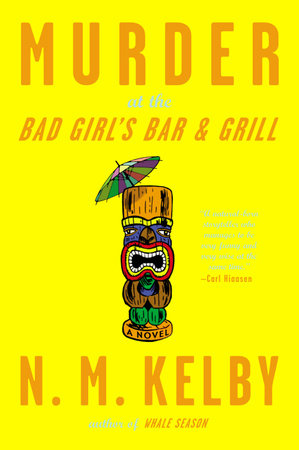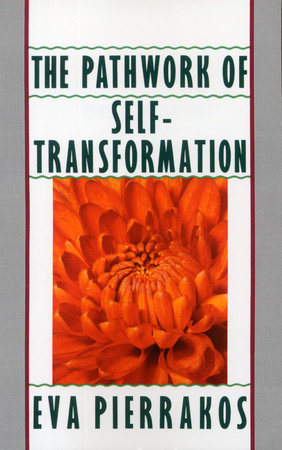Author Q&A
A conversation with Alex Witchel, author of Me Times Three
Q: How much of Me Times Three is autobiographical?
A: Well, I’m sorry to say that I actually did have a boyfriend who proposed to me and two other women at the same time, and like Sandra, I discovered the betrayal at a party at the Metropolitan Museum of Art. But past that, the character of Bucky is a composite of every rotten bastard story I ever heard from other women. What I finally decided was that there was only one rotten bastard who was cloned 10,000 times, because specifics aside, the story was almost always the same.
Q: The book is clearly a coming-of-age story. Why was it important to you to write it?
A: I think the lesson that is hardest to learn for young adults, especially women, who are out in the world for the first time, is that being who you are is more important than trying to be like anyone else. Living in New York City, in particular, can be tough. There is competition for everything–jobs, dates, apartments–and it is easy to feel that you’re losing that competition if you have one fixed idea of perfection. What you have to learn is that the only thing that is perfect is what makes you, and no one else, happy.
Q: Why did you choose to set Me Times Three in the 80’s?
A: Because that era’s sensibility was Me First Above All Others, I thought it made the perfect backdrop for the Bucky character to operate in. Also, during the 80’s, I did work at two women’s magazines in New York, Elle and Mirabella, and the references that were topical then were familiar to me. Since then, of course, fashions have changed hundreds of times, but the personality types of the women who run those magazines seem never to change. There is always one who loves torturing the young assistants (she’s also almost always on her co-op board so she can torture her neighbors, too); then there’s another one who never even
acknowledges the assistants, so busy is she starving herself to death and jetting off to Morocco in the hopes that a sheikh will whisk her off to a castle where she can start starving in style. And there are so many others.
Q: Most of us have been an assistant at one time or another in our lives. What advice could you give someone who’s currently serving her time?
A: Be patient. Just last week, an awful woman I hadn’t seen in years, who was a fashion editor for about five minutes, called me up to ask a favor involving the New York Times where I work. I especially enjoyed her calling because when I was an assistant, she almost always ignored me, unless she couldn’t find her own assistant to get her coffee or a car RIGHT THIS MINUTE. The big lesson, in publishing especially, is you never really know what that little girl sitting at the desk outside your office is capable of – until seven years down the line when you find yourself begging for freelance work at the magazine where she just so happens to be editor-in-chief. Oh, but that’s advice for the boss. For the assistant I would say this: Keep your eyes open and your mouth shut and work like a dog–maybe even two dogs. You’ll do just fine.
Q: At the time Me Times Three is set, AIDS was just entering the popular vocabulary and treatment was almost nonexistent. Through the character of Paul, why did you decide to deal with that subject in this book?
A: AIDS was one area of life in the 80’s where people had no control, no matter how much money or power they had. And to have the character of Paul, who is Sandra’s best friend and on his own journey toward self-discovery, not be able to grow up and find a place in the world, was a counterpoint to Sandra’s journey, an extra lesson about being who you are and not being ashamed about it in any way.
Q: The novel is interrupted periodically by fairy tales, often involving frogs, princesses and
ill-fitting footwear. Why did you decide to use fairy tales to help tell your story?
A: Sandra gets the idea early on to become a children’s book writer, a career she thinks will fit easily into a suburban lifestyle with the man of her dreams. With the fairy tales, I wanted to chart Sandra’s emotional growth, or lack thereof, by using them to illustrate her state of mind along the road to self-acceptance. So, where she starts off with a child’s wish of finding Prince Charming, she ends up someplace very different.
Q: What’s it like to be a style news reporter for the New York Times? It seems like a place where you can’t afford to be meek. Where did you learn to develop a thick skin?
A: The New York Times is actually no tougher a place than the fashion magazines–you just never get to take home any stocking samples. To be a reporter means being unafraid to ask people questions they don’t want to answer. Which isn’t nearly as hard as dealing with the internal politics of the place, where as a woman, you at least have the advantage of dealing with men sometimes, some of whom are much more generous to women than the women who run the fashion magazines. I don’t quite know what makes those women so tough, though it could be utter exhaustion at running after that ideal of perfection, the quest that Sandra finally realizes leads nowhere. It’s an awful lot of pressure to live under, plus the fact that being hungry 24 hours a day can make anyone seriously cranky.
Q: You grew up in Scarsdale, a wealthy suburb of New York City, whose fictional counterpart, Green Hills, is the breeding ground for snobbery of all sorts. What was it like growing up there?
A: We moved to Scarsdale when I was in seventh grade. On my first day of school, a group of girls sat me down and asked what my father did for a living. Not quite knowing all the details, I said he worked on Wall Street. That seemed to satisfy them, and they each in turn told me what their fathers did: one manufactured a popular children’s clothing line, another’s was a famous sportscaster, another’s imported jewelry and her family went to Puerto Rico five times a year. Wow. Here was a hierarchy built on achievement, money and fame and don’t you forget it. And I never have. Sandra’s fight to move past the lure of grading herself and her accomplishments that way is part of the long process of becoming an adult; she learns to develop her own criteria for success.
